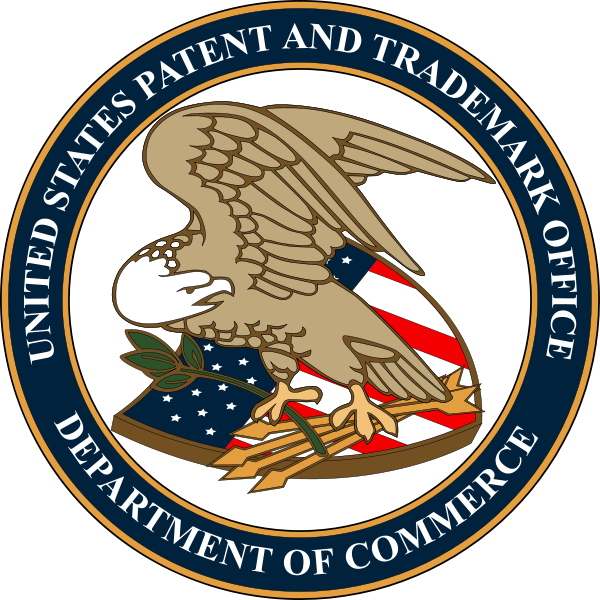A patent expert witness explains requirements for naming inventors in patent applications. Plaintiff, a software development company, sued numerous technology and retail companies alleging infringement of its patents related to a sub-system that is placed in products. The system gathers information from the user and transmits it to the product vendor for use in future interactions. Plaintiff retained expert witness in software licensing and intellectual property for this issue.
Question(s) For Expert Witness
1. What are the rules, practices, and procedures related to the filing and examination of patent applications in the United States Patent and Trademark Office (USPTO), particularly with respect to naming the actual inventors?
2. Is it a violation of PTO regulations for a co-inventor, who wishes not to participate in a patent filing, to not be named in the application?
Expert Witness Response
If the professor was a co-inventor of any of the claims of either of the patents-in-suit, she must have been identified as such. Both the statute and PTO procedures require it. It is irrelevant under the statute and PTO procedures whether the professor expressed disinterest in pursuing patent protection for her invention. It is also irrelevant that she assigned her rights in the intellectual property she helped conceive to her student; he was still required to list the professor as a co-inventor when filing for the patents. Once the student fulfilled his statutory duty, the professor could have chosen to participate or not. The student could have pursued patent protection without the professor’s cooperation using the provisions of 37 CFR 1.47.
It is critical to note for the analysis of this issue that the PTO provides for this precise situation in which a co-inventor chooses not to participate in the patenting process and allows the other inventor(s) to proceed. The critical requirement therefore is that the inventor who files the patent application must disclose and file the application in the name of the co-inventors. Failure to do so would be a violation of the statute and PTO regulations.
If the PTO determines that the true inventors were not named in a patent application the PTO would reject the claims of the application under 35 U.S.C. §102 (f) because the applicant is not the true or sole inventor of the subject matter sought to be patented. Since the PTO has no way of investigating or determining inventorship other than that disclosed by the applicant, honesty and compliance with the duty of candor by the applicant is critical to insure that a patent is only issued to the actual true inventors of the subject matter claimed and not to someone who is not the sole inventor.
Based on the evidence, including testimony from the student inventor and the professor and documents filed in the patents-in-suit, I believe that it is undisputed that the role of the professor as an inventor was never disclosed to the PTO during the prosecution of the patents-in-suit.
The expert is an advisor to an intellectual property law firm and has more than 40 years of experience in the patent field, including as a patent examiner.
About the author
Kristin Casler
Kristin Casler is a seasoned legal writer and journalist with an extensive background in litigation news coverage. For 17 years, she served as the editor for LexisNexis Mealey’s litigation news monitor, a role that positioned her at the forefront of reporting on pivotal legal developments. Her expertise includes covering cases related to the Supreme Court's expert admissibility ruling in Daubert v. Merrell Dow Pharmaceuticals Inc., a critical area in both civil and criminal litigation concerning the challenges of 'junk science' testimony.
Kristin's work primarily involves reporting on a diverse range of legal subjects, with particular emphasis on cases in asbestos litigation, insurance, personal injury, antitrust, mortgage lending, and testimony issues in conviction cases. Her contributions as a journalist have been instrumental in providing in-depth, informed analysis on the evolving landscape of these complex legal areas. Her ability to dissect and communicate intricate legal proceedings and rulings makes her a valuable resource in the legal journalism field.



